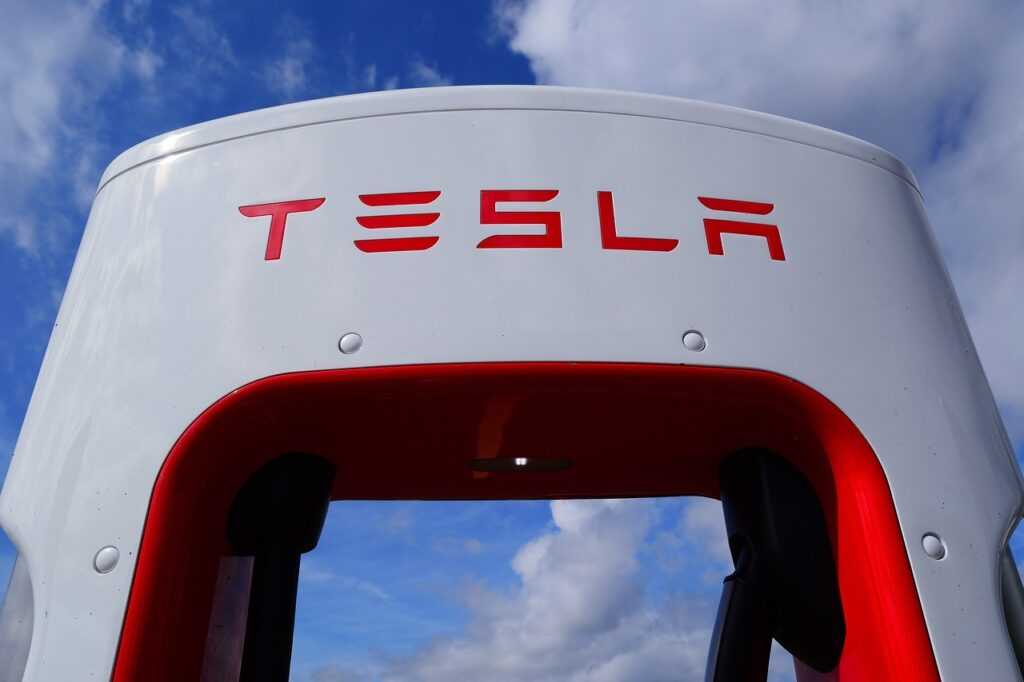The Rise of Electric Vehicles
Electric vehicles (EVs) have become more popular due to rising environmental concerns and advancements in technology. In 2010, only about 17,000 EVs were on the road globally. By 2020, that number had surged to over 10 million, according to the International Energy Agency (IEA).
Several factors contributed to this growth. Governments worldwide started offering incentives and subsidies to buyers. For example, the US offers a federal tax credit up to $7,500 for new EV purchases, depending on the vehicle’s battery capacity.
Another driver is the improvement in battery technology. Earlier EVs had limited range and long charging times. However, newer models can travel over 300 miles on a single charge and recharge rapidly at specialized charging stations.
Auto manufacturers have also played a role. Companies like Tesla, Nissan, and Chevrolet have invested heavily in EV technology, producing more efficient and affordable models. Tesla’s Model 3, for example, became the world’s best-selling EV in 2020.
Public awareness and acceptance have grown too. More people are recognizing the environmental benefits of EVs over internal combustion engine vehicles. EVs produce zero tailpipe emissions, which helps reduce air pollution and greenhouse gases.
Urbanization trends and the rise of smart cities also contribute to the EV boom. Cities like Oslo, Amsterdam, and San Francisco are promoting EV use through various initiatives, including expanding charging infrastructure and implementing low-emission zones.
Ride-sharing and fleet companies are further accelerating this trend. Companies like Uber and Lyft plan to transition to all-electric fleets within the next decade, increasing demand for EVs.
The future looks promising for EVs. With ongoing technological advancements and growing support from governments and consumers, EV adoption is expected to continue rising. This, combined with AI integration, promises a future with cleaner, smarter, and more efficient transportation solutions.
Understanding AI in the Automotive Industry
Artificial intelligence (AI) transforms the automotive industry by boosting electric vehicle (EV) performance. It’s crucial to grasp the fundamentals of AI and its specific applications in this field.
Fundamental AI Concepts
AI strives to emulate human intelligence through algorithms and data processing. Key concepts include machine learning, where systems learn from data; neural networks, mimicking the human brain; and deep learning, involving complex algorithms for pattern recognition. These technologies power various applications in EVs, enhancing functionality and user experience by analyzing vast datasets to optimize performance.
AI Applications in Automotive
AI finds diverse applications in the automotive industry. Battery management systems in EVs use AI to monitor and optimize battery health, ensuring longer life and better efficiency. Autonomous driving systems leverage AI for obstacle detection and navigation, enhancing safety and convenience.
Predictive maintenance uses AI to foresee potential issues, reducing downtime and repair costs. AI also aids in energy management, regulating power distribution for optimal performance while conserving energy. These applications demonstrate how AI propels the EV industry toward smarter, more efficient solutions.
Enhancing Battery Efficiency
AI plays a significant role in enhancing battery efficiency for electric vehicles. It optimizes various aspects of battery performance to ensure longer life and better reliability.
Predictive Maintenance
Predictive maintenance minimizes unexpected battery failures and extends battery life. AI algorithms analyze data from battery cells to detect anomalies and predict potential issues before they become critical. For example, by monitoring temperature, voltage, and current, AI can forecast when a cell might fail, allowing for timely intervention. It’s cost-effective to address these issues early, reducing both downtime and maintenance costs.
Smart Battery Management Systems
Smart battery management systems (SBMS) leverage AI to optimize charging and discharging cycles. AI-driven SBMS adjust the charging rate in real-time to prevent overcharging, which can degrade battery cells.
These systems also balance the charge among cells, ensuring even usage and prolonging battery life. For instance, an AI-powered SBMS can distribute energy efficiently across battery cells in a Tesla Model S, providing a more stable performance. By maintaining optimal battery health, these systems contribute to the overall efficiency and longevity of EV batteries.
Intelligent Driving Systems

AI is revolutionizing how we experience driving with intelligent systems in electric vehicles. These systems enhance safety, convenience, and efficiency by utilizing advanced technologies.
Advanced Driver Assistance Systems (ADAS)
ADAS employs a suite of sensors like radar, cameras, and LiDAR to monitor the vehicle’s surroundings. These systems provide real-time feedback to the driver and can intervene if necessary. For instance, adaptive cruise control maintains a safe distance from the vehicle ahead, while lane-keeping assist ensures the vehicle stays within its lane. Blind-spot detection alerts the driver to nearby vehicles that may not be visible in mirrors. The integration of these features increases safety by reducing human error, a critical factor in improving overall driving performance.
Autonomous Driving Capabilities
- AI-powered autonomous driving is transforming the future of transportation.
- Current EVs with autonomous capabilities rely on neural networks to process data from various sensors, enabling the vehicle to navigate complex environments.
- These systems detect and react to obstacles, pedestrians, and traffic signals, ensuring a seamless driving experience.
- Companies like Tesla and Waymo are pioneering these technologies, making strides in achieving higher levels of vehicle autonomy.
- As AI continues to evolve, fully autonomous electric vehicles may become a reality, promising unprecedented levels of safety and convenience for drivers and passengers alike.
Optimizing Energy Consumption
Artificial intelligence (AI) plays a significant role in optimizing energy consumption in electric vehicles (EVs). It enhances overall vehicle efficiency by making intelligent decisions that improve energy use and driving range.
AI-Driven Route Planning
AI-driven route planning optimizes the driving path for EVs to save energy. These systems analyze traffic patterns, road conditions, and elevation changes to select the most efficient routes. For example, Google Maps integrates AI to provide eco-friendly route options that reduce battery consumption. By avoiding congested areas and steep inclines, the vehicle can maintain a consistent speed, which conserves battery power. This real-time optimization extends the driving range and ensures efficient energy usage.
Adaptive Learning for Energy Savings
Adaptive learning algorithms adjust energy consumption based on driving behavior and environmental conditions. These systems learn from data gathered from past trips, adjusting energy distribution for various subsystems like:
- air conditioning
- heating
- entertainment
For instance, Tesla’s AI-powered system adapts its energy use based on driver habits and external temperatures to optimize battery life. This continuous learning process ensures that the vehicle operates efficiently under different conditions, leading to significant energy savings and an extended driving range.
Challenges and Future Trends
Artificial intelligence (AI) in electric vehicles (EVs) faces several challenges but also promises exciting future trends.
AI Ethics and Safety
AI integration in EVs raises ethical and safety concerns. Autonomous driving technologies rely on machine learning algorithms to make real-time decisions. These decisions must prioritize human safety and adhere to ethical standards. Ensuring transparent decision-making processes and robust fail-safe mechanisms is crucial to gain public trust.
Innovations and Upcoming Technologies
Emerging technologies will further enhance EV performance. AI-driven predictive analytics will improve energy management systems, offering more efficient routes and better battery longevity. Wireless charging solutions enabled by AI will streamline the charging process, making it more convenient. Autonomous driving technologies will continue to evolve, focusing on advanced sensor integration and real-time data analysis to navigate complex environments safely.




